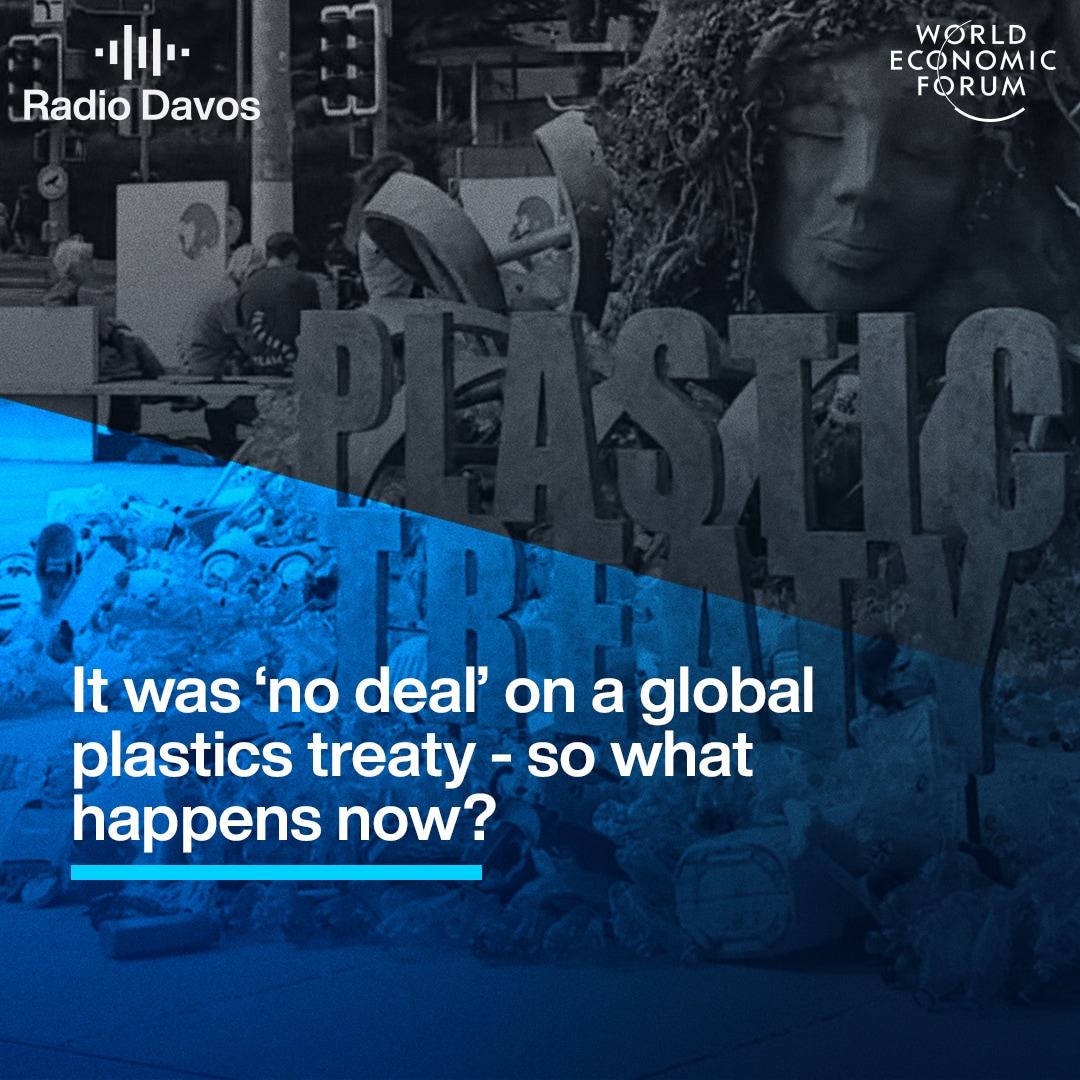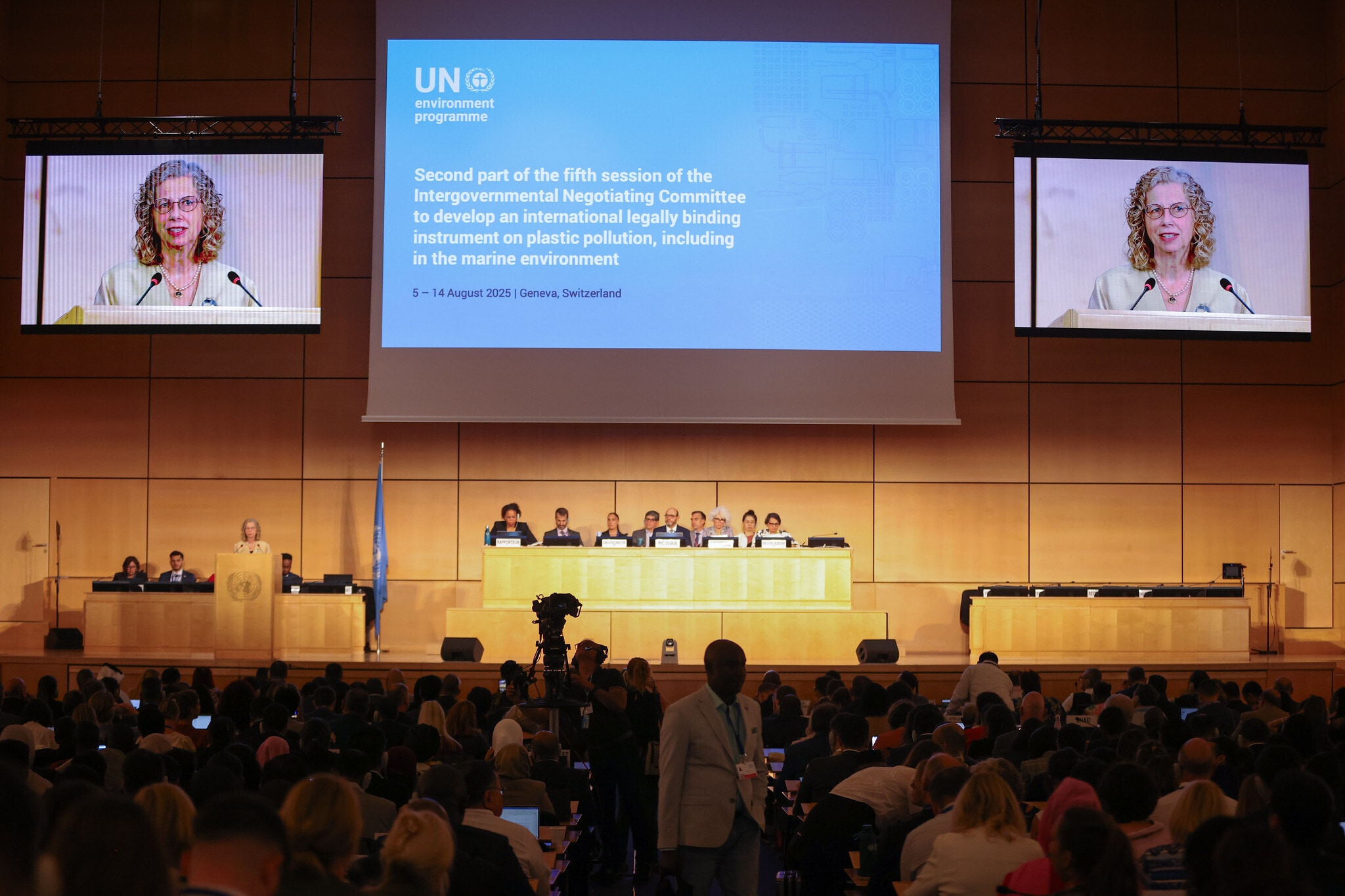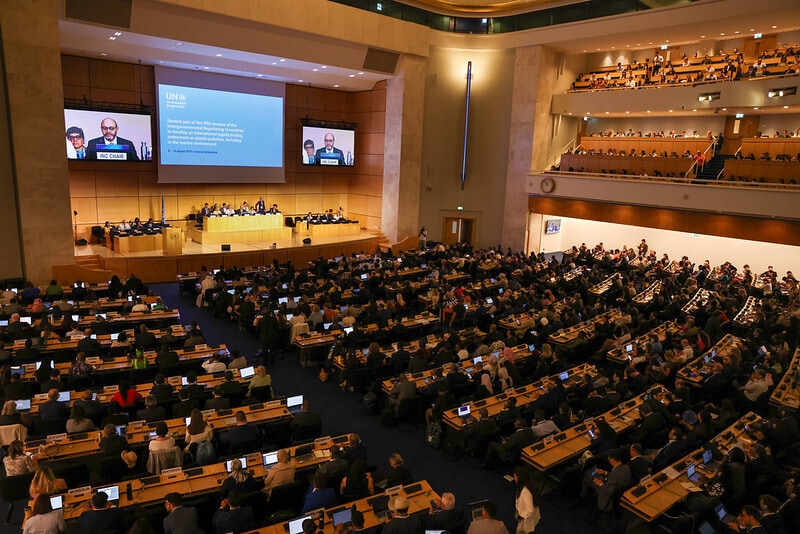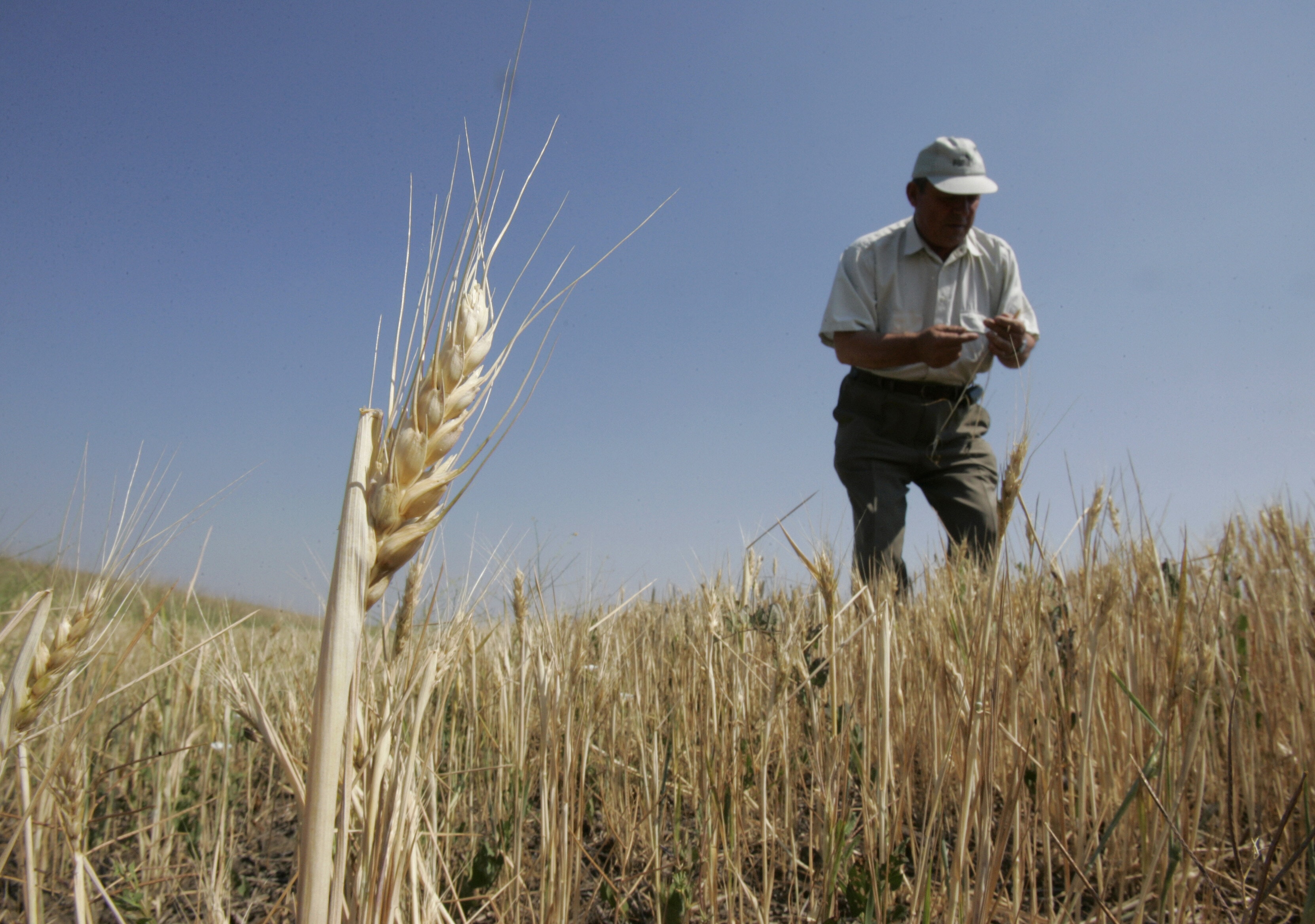Everyone, everywhere, all at once – the only way to address the climate emergency

Canopy helps to protect the world’s forests, species, and climate.
Image: Canopy.
Dr Marya Besharov
Professor of Organisations and Impact and Academic Director, Skoll Centre for Social Entrepreneurship, Saïd Business School, University of OxfordStay up to date:
Climate and Nature
Listen to the article
- Averting the worst impacts of climate change requires a radical systems change.
- Changemakers across the world must work together to address the climate emergency.
- These three common strategies are being used to activate others to drive change.
In March 2023, UN Secretary General António Guterres spoke at the release of the UN’s 6th IPCC report. He was unequivocal: “In short, our world needs climate action on all fronts – everything, everywhere, all at once.” But, as in much of our conversation about climate change, the actor in that sentence is obscured: who is going to deliver this action?
It has to be everyone. Changing “everything, everywhere, all at once” will take a groundswell of changemakers: individuals everywhere need to shift the systems and structures they’re part of, in their work, schools, neighbourhoods and countries. Systems are made up of people and are therefore changed by people, by the collective effort of individuals. Everyone.
The good news is that more than ever before, people understand that climate change threatens the places, people, and things we love. And we care deeply. Yet change isn’t happening fast enough. Getting people to care about climate change is only part of the work: the next step is to unlock individuals’ climate agency.
This challenge is relevant to leaders across the social, business and government sectors, many of whom are grappling with the question of how to build people’s capacity to drive climate action, both within their own organizations and beyond. When we studied the work of Ashoka Fellows – leading social entrepreneurs working to address the climate and ecological emergency – we found three common strategies that they used to activate others:
1. Making it personal
Communicating the complexities of climate change in a way that resonates with individuals and their role, geography, or interests helps to build individuals’ sense of agency.
2. Curating support
A network of support offers energy, expertise, and community that individuals can draw on to overcome the inevitable stumbling blocks that arise.
3. Realigning systems
The incentives of existing structures and systems are designed in a way that limit individuals’ ability to contribute effectively. Realigning systems to incentivize individual climate action empowers more people to contribute and fosters a just transition.
None of the social entrepreneurs we studied did just one of these things. Instead, they wove multiple tactics together across the three strategies.
Community at the heart of climate transition
Take Immy Kaur and the team at CIVIC Square in Birmingham, UK. CIVIC Square’s work puts neighbourhoods at the forefront of their own climate transition. They know that people are perfectly capable of coming up with solutions to even the knottiest of problems; what’s needed is support to ensure they have the tools, resources, and agency to implement. One layer of their work looks at what they call the “dream matter”. They’ve brought together individuals in Birmingham to look at regenerative futures, to localize “Doughnut Economics”, and to make zines of the IPCC report, with the intent of building understanding, collectively imagining new possibilities and making progress visible – all of which are tactics that contribute to Making it Personal for people.

Another layer of CIVIC Square’s work looks at the rules, codes and contracts – so often hidden – that drive so much of how we organise. In their work enabling neighbourhood retrofits, for example, they make sure that the contractual and financial infrastructure is in place for collective work. This part of their work contributes to Realigning Systems.
The third layer is how the pieces of CIVIC Square’s work are pulled together in the everyday, how they Curate Support. This is in large part about how the CIVIC Square team shows up in the community, as a consistent presence, rain, hail or shine, providing and sustaining energy to catalyse a shift in the status quo.
What’s the World Economic Forum doing about climate change?
Protecting the world's forests
Nicole Rycroft and the team at Canopy also deploy all three strategies. Canopy protects the world’s forests, species, and climate by working with companies from around the globe to transform unsustainable supply chains, catalyze innovative next generation solutions, help advance frontline community rights, and conserve vital forest ecosystems all over the world.
A major part of their work involves supporting sustainability teams and corporate leaders through change management processes. This involves demonstrating the value of exploring alternative materials sourcing, or next generation solutions, to both the planet, and eventually the bottom line.
Canopy collaborates closely with their brand partners, sharing information and tools, mentoring and troubleshooting as these companies take action. In this way, they are creating a pre-competitive movement among their hundreds of global partners, in order to create meaningful changes to existing make-take-waste production systems. These tactics are part of Curating Support for the people who will drive change within their companies. However, the full extent of Canopy’s impact comes from the fact they also work with other parts of the supply chain to ensure sustainable technologies are available to replace the ancient and endangered forests they work to protect, contributing to realigning the bigger system that the companies are part of.
Social entrepreneurs driving climate action
Because the status quo has such powerful inertia, tackling the climate emergency will take work from people at every level of society – including those with access to decision-making power in business, government, and the streets. The work of these social entrepreneurs shows what is possible when organizations that are deeply embedded in a specific context support individuals to unlock their climate agency, unleashing the power of everyone to drive the climate transition.
Accept our marketing cookies to access this content.
These cookies are currently disabled in your browser.
Don't miss any update on this topic
Create a free account and access your personalized content collection with our latest publications and analyses.
License and Republishing
World Economic Forum articles may be republished in accordance with the Creative Commons Attribution-NonCommercial-NoDerivatives 4.0 International Public License, and in accordance with our Terms of Use.
The views expressed in this article are those of the author alone and not the World Economic Forum.
Related topics:
Forum Stories newsletter
Bringing you weekly curated insights and analysis on the global issues that matter.
More on Nature and BiodiversitySee all
Tom Crowfoot
August 20, 2025
Chavalit Frederick Tsao
August 19, 2025
Andrea Willige
August 15, 2025
Tom Crowfoot
August 14, 2025
James Balzer
August 14, 2025





